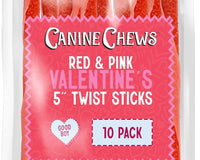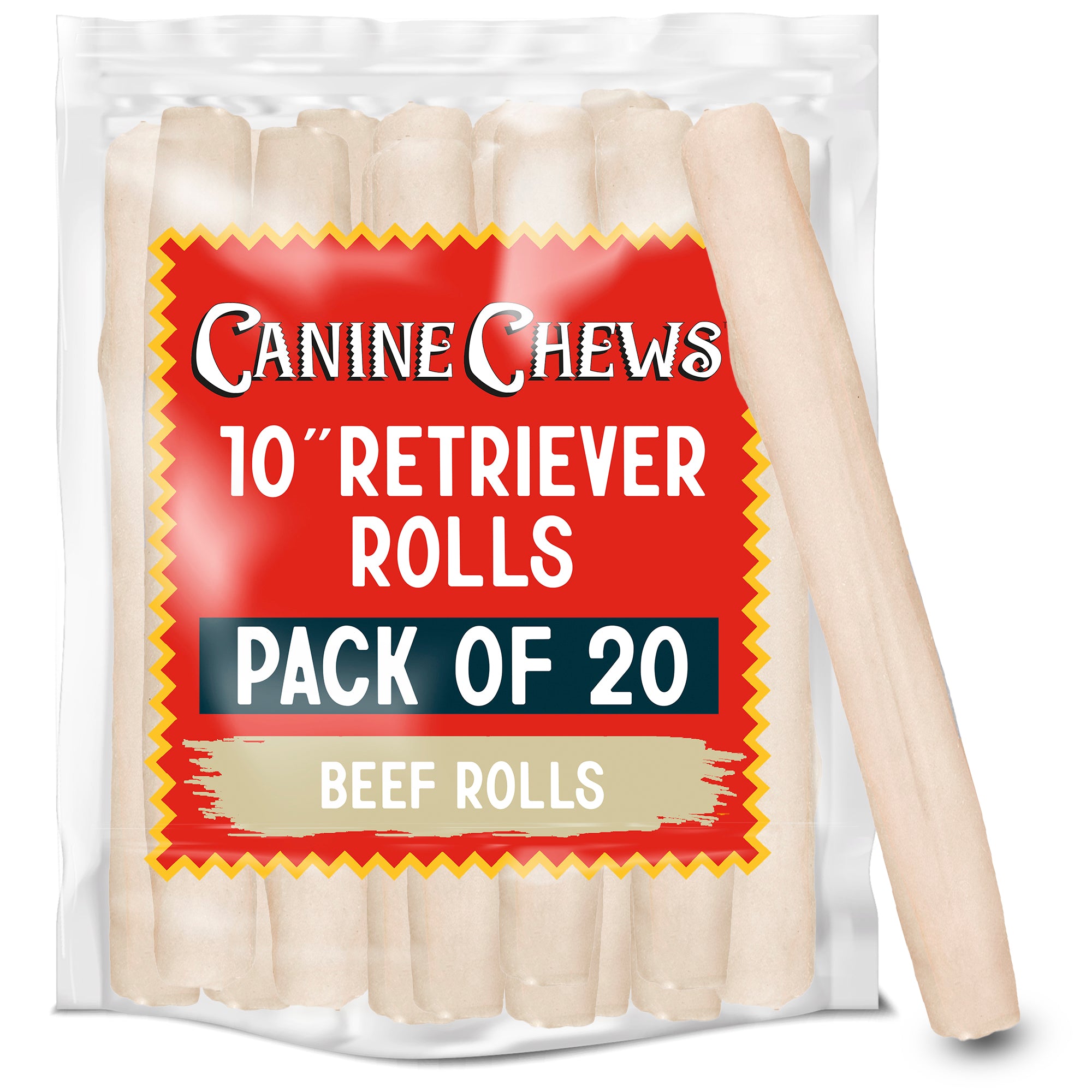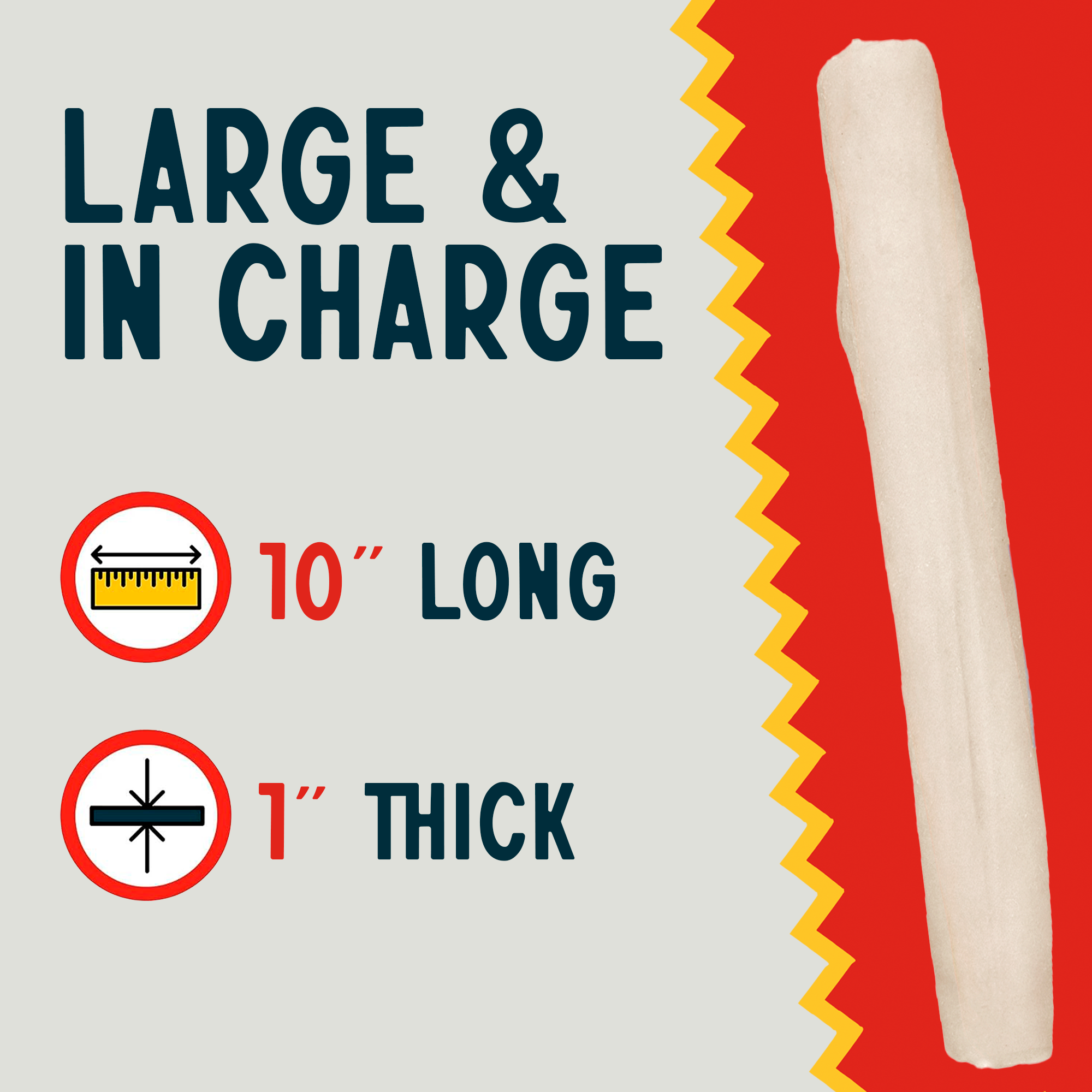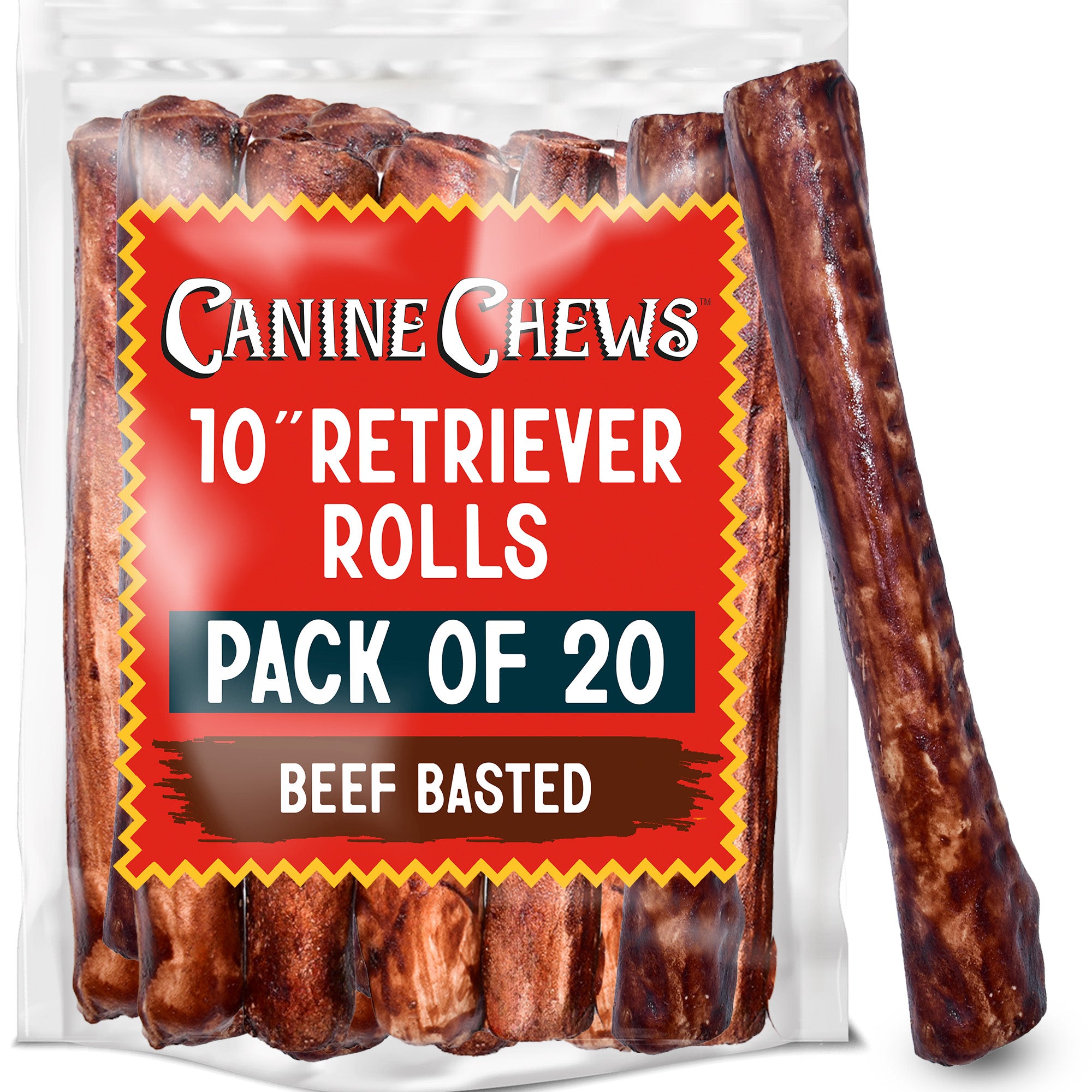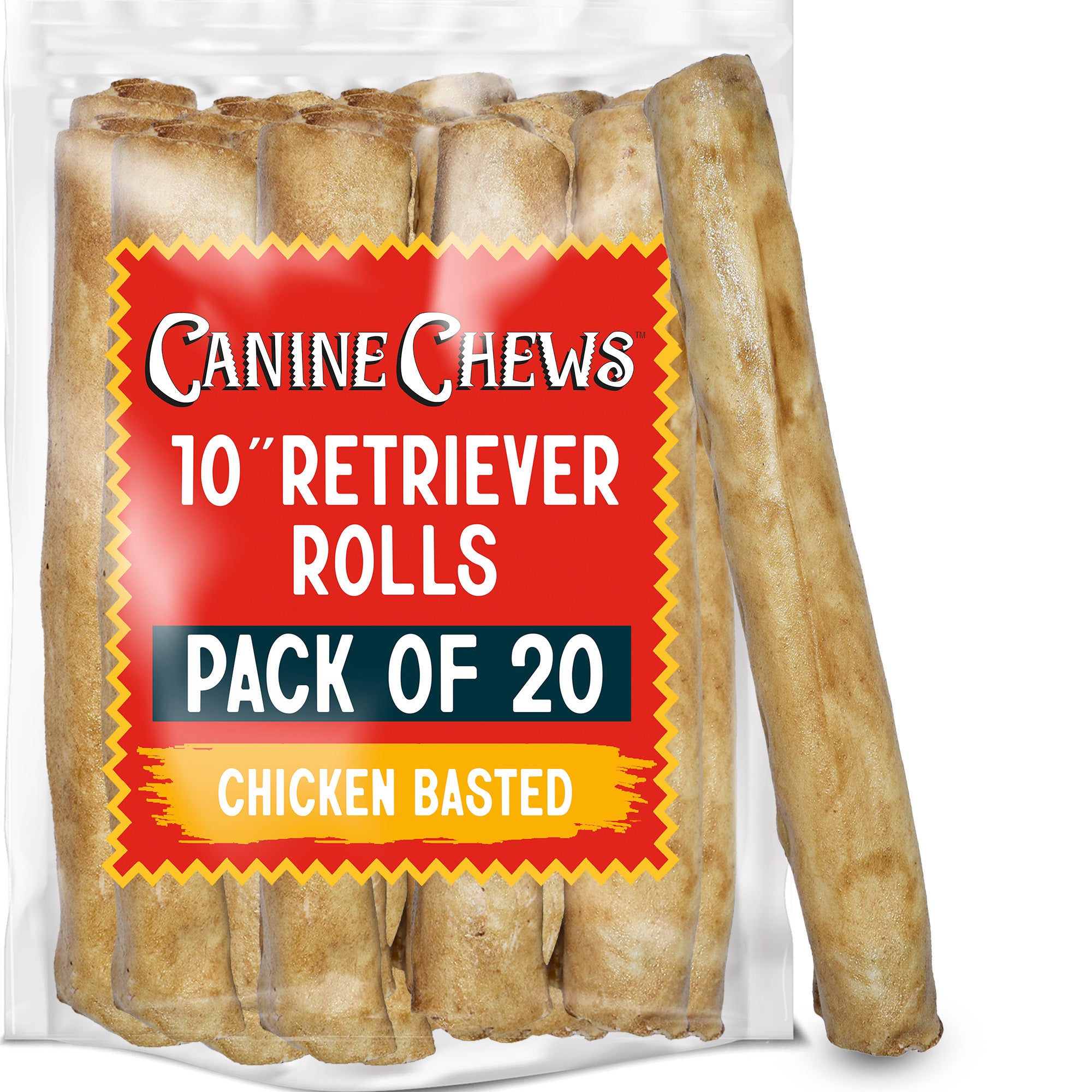When it comes to treating our beloved furry companions, it's essential to choose the right treats that cater to their specific needs. Dogs come in various sizes, and their dietary requirements may differ accordingly. In this comprehensive guide, we will explore the best treats for dogs based on their size, ensuring that their snacking experience is not only delicious but also beneficial for their overall health and well-being.
Small Dogs: Delightful Bites for Petite Pups
Small dogs require treats that are not only tasty but also proportionate to their size. These breeds, such as Chihuahuas, Pomeranians, and Maltese, have smaller mouths and may find it challenging to chew on large treats. Opt for treats that are small, soft, and easily chewable. Look for the following features when choosing treats for your small furry friend:
- Miniature Size: Treats specifically designed for small dogs come in petite sizes that are perfect for their tiny mouths.
- Soft Texture: Soft and tender treats are ideal for small dogs as they can be easily chewed and digested.
- Nutritious Ingredients: Ensure that the treats are made with high-quality ingredients, providing essential nutrients for your pup's well-being.
Some popular options for small dogs include freeze-dried meat bites, tiny training treats, and dental chews specially formulated for small breeds. These treats offer a burst of flavor and are packed with essential nutrients to keep your small dog happy and healthy.
Medium-Sized Dogs: Wholesome Treats for the Perfect Balance
Medium-sized dogs, such as Bulldogs, Beagles, and Cocker Spaniels, require treats that strike a balance between taste and nutrition. These breeds are not as delicate as their smaller counterparts but still benefit from treats that are not overly large. Here are some factors to consider when selecting treats for medium-sized dogs:
- Moderate Size: Treats that are too small may not satisfy your medium-sized dog's chewing needs, while treats that are too large may pose a choking hazard. Opt for treats that are proportionate to their size.
- Crunchy Texture: Many medium-sized dogs enjoy treats with a satisfying crunch. Look for biscuits or dental chews that provide both taste and texture.
- Wholesome Ingredients: Choose treats made with natural and wholesome ingredients, avoiding artificial additives and fillers.
Consider offering your medium-sized dog treats such as jerky strips, crunchy biscuits, or interactive puzzle treats that provide mental stimulation. These treats will not only satisfy their taste buds but also contribute to their overall dental health and cognitive well-being.
Large Dogs: Mighty Treats for Powerful Pooches
Large dog breeds, including Labrador Retrievers, German Shepherds, and Great Danes, require treats that can withstand their size and energy levels. These dogs have robust jaws and need treats that are both substantial and nutritious. Here's what to look for when selecting treats for large dogs:
- Ample Size: Opt for treats that are large enough to satisfy your dog's chewing instincts and prevent them from gulping down the treat too quickly.
- Durable Texture: Large dogs benefit from treats with a firm and durable texture, which can help promote dental health and reduce plaque buildup.
- High-Quality Protein: Choose treats rich in high-quality proteins, such as lean meats or fish, to support your large dog's muscle development and overall health.
Consider offering your large dog treats like long-lasting rawhide chews, meaty bones, or dental sticks designed specifically for large breeds. These treats provide a satisfying chewing experience while also offering nutritional benefits for their size and energy requirements.
General Considerations for All Dogs
Regardless of your dog's size, there are a few general considerations to keep in mind when selecting treats:
- Portion Control: Treats should be given in moderation to prevent weight gain and ensure a balanced diet. Adjust the quantity of treats based on your dog's daily calorie intake and consult with your veterinarian if needed.
- Allergies and Sensitivities: Be mindful of any known allergies or sensitivities your dog may have. Read the ingredient labels carefully to avoid potential allergens.
- Training Purposes: Treats can be a valuable tool for training and rewarding good behavior. Opt for smaller, low-calorie treats during training sessions to avoid overfeeding.
Remember, treats should complement your dog's regular meals and not substitute them. Always prioritize their nutritional needs and consult with a veterinarian if you have any concerns or questions about your dog's diet.
By choosing the right treats for your dog based on their size, you can ensure their snacking experience is both enjoyable and beneficial for their overall health. Remember to offer a variety of treats to keep things interesting and consult with professionals for specific dietary recommendations.






